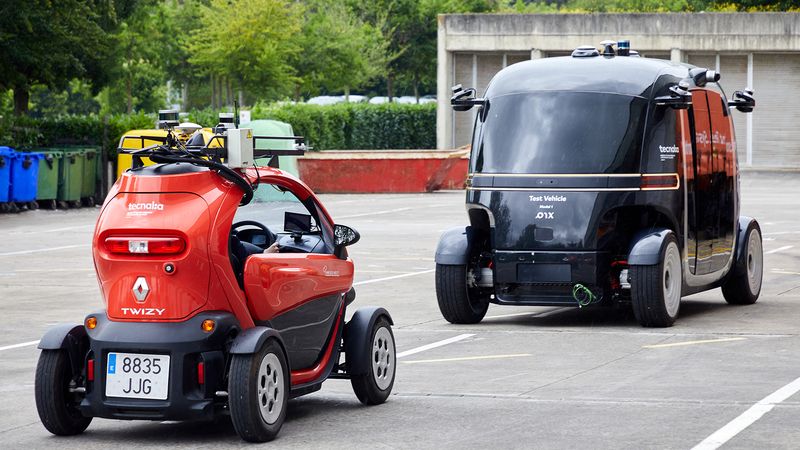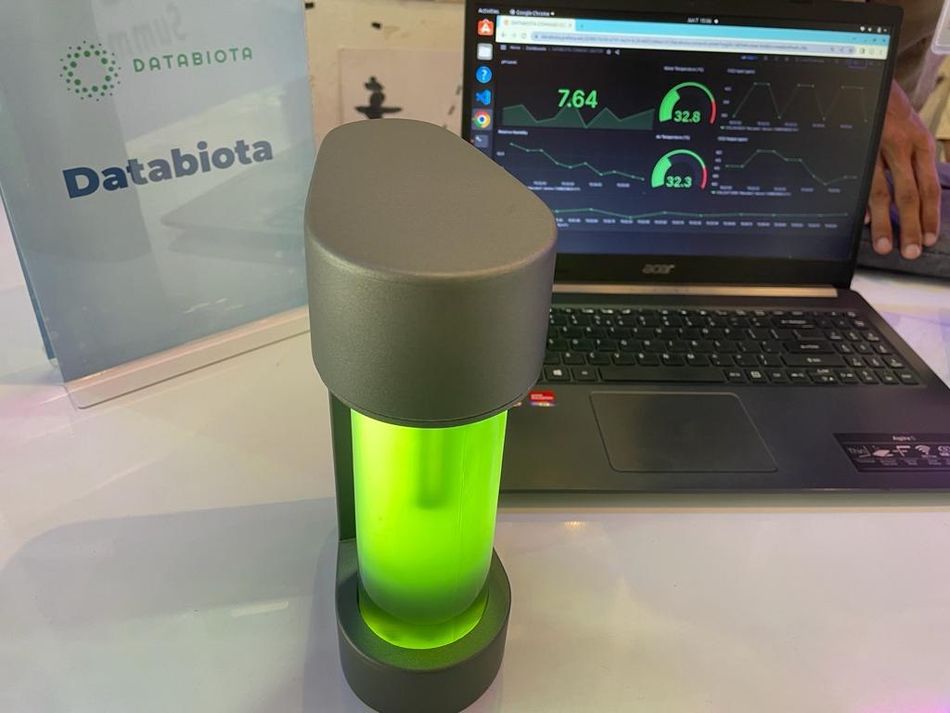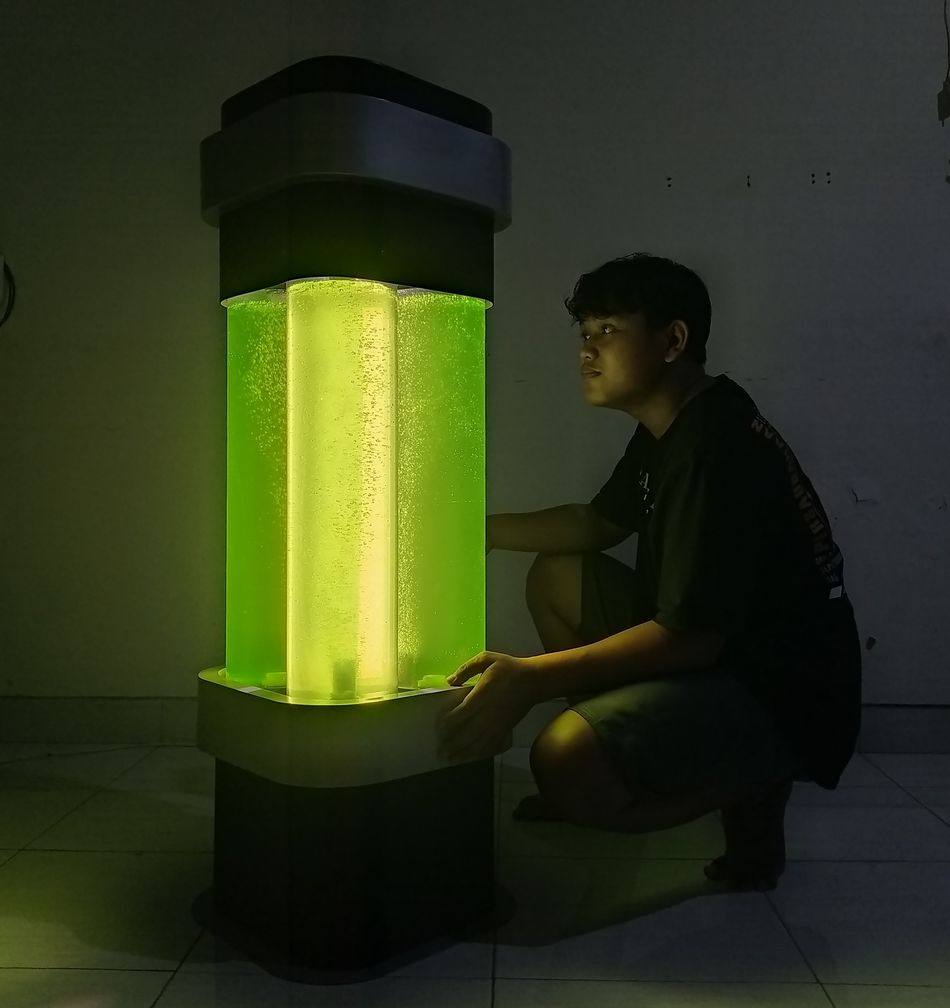Connect for Good Challenge Winners: Logistics Infrastructure Monitoring, Smart Bees and Bioreactors
Spotlighting Innovation: Celebrating the Connect for Good Challenge Winners
The Connect for Good Challenge, a joint initiative by Nordic Semiconductor, Mouser Electronics, Soracom, and Crowd Supply, united a global network of engineers, entrepreneurs, and developers.
Their mission was clear: to devise low-power wireless solutions that contribute towards achieving the United Nations Sustainable Development Goals while also utilizing the nRF9160 DK.
This challenge attracted an impressive 116 entries, each entry a testament to the unwavering commitment towards sustainable development from innovators across the globe.
From the extensive pool of innovative concepts, ten projects stood out as finalists. These projects presented a diverse range of solutions, from seismic sensor networks designed for earthquake-prone regions to cutting-edge bioreactors capable of carbon capture. The top ten entries met the challenge's high standards and exemplified the immense potential and impact of low-power wireless technology in tackling critical sustainability issues worldwide.
With the stage set by these trailblazing finalists, we now turn our attention to presenting the Connect for Good Challenge winners.
Grand Winner - Ivan Araquistain from Tecnalia Project: Monitoring and Anomaly detection on sustainable logistics infrastructure
Ivan Araquistain’s winning project presents an innovative solution for the green transport of perishable goods, eliminating the need for energy-intensive refrigerated cargo trailers. This achievement is significant for the logistics industry, offering a more sustainable method of transport while ensuring the cold chain's integrity.
Second Place - Patrick Whetman’s Initiative: Ai Honey Bee Swarm Detector / Predictor System
In second place, Patrick Whetman's project focuses on the conservation of the native bee species. This endeavor is crucial for ecological balance and biodiversity, as bees play a vital role in pollination. Whetman’s project utilizes LoRa radio technology for communication, specifically designed for rural and remote areas. The system's low power requirement, complemented by compact solar panels, ensures its sustainability and efficiency.
Third Place - Aris Maaniq’s Carbonbox Bioreactor
Securing the third position, Aris Maaniq’s project, the Carbonbox Bioreactor, targets a crucial environmental concern – industrial CO2 emissions. This biological reactor utilizes microorganisms for carbon capture, converting CO2 from industrial flue gas into oxygen. The project integrates the Nordic nRF9160 for monitoring and controlling the bioreactor environment, ensuring optimal conditions for the microorganisms.
This bioreactor directly contributes to Sustainable Development Goal 13 (Climate Action), offering a novel approach to fighting climate change. It represents a significant step towards sustainable industrial practices, potentially transforming how industries manage their carbon footprint.
A Step Towards a Sustainable Future
The Connect for Good Challenge has successfully showcased the significant role that engineering and technology play in solving environmental issues. The winners, Ivan Araquistain, Patrick Whetman, and Aris Maaniq, have each offered unique and effective solutions that promise a more sustainable future by addressing complex sustainability challenges.
These projects, along with the other finalists, serve as inspiring examples of how focused innovation and hard work in the field of engineering, paid with low power wireless IoT solutions, can lead to meaningful environmental progress.
Thank you all for participating in this amazing challenge and we are looking forward to seeing you around to next endeavours!



